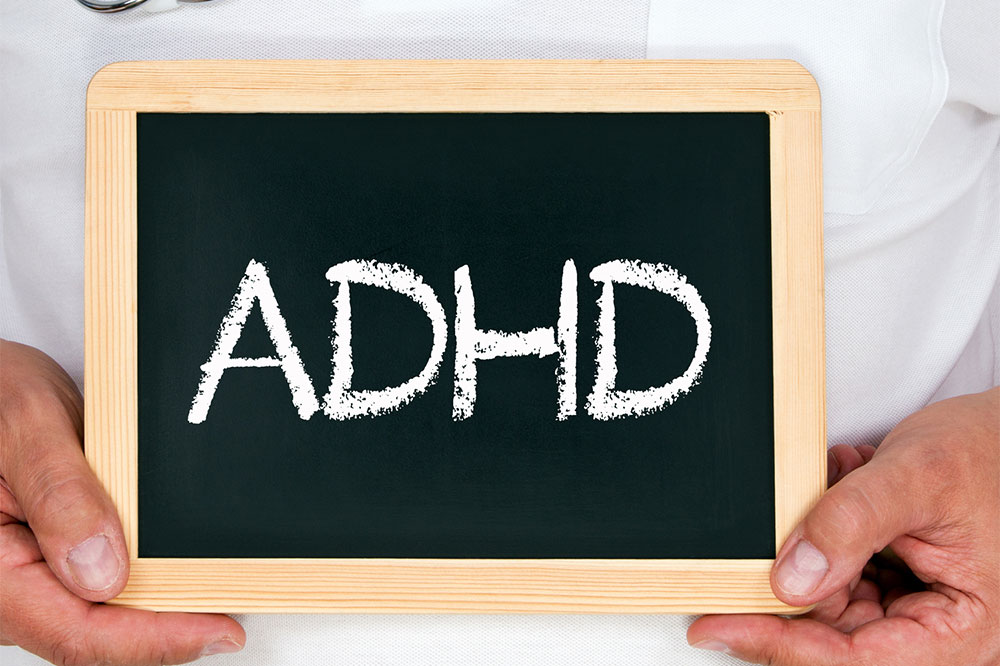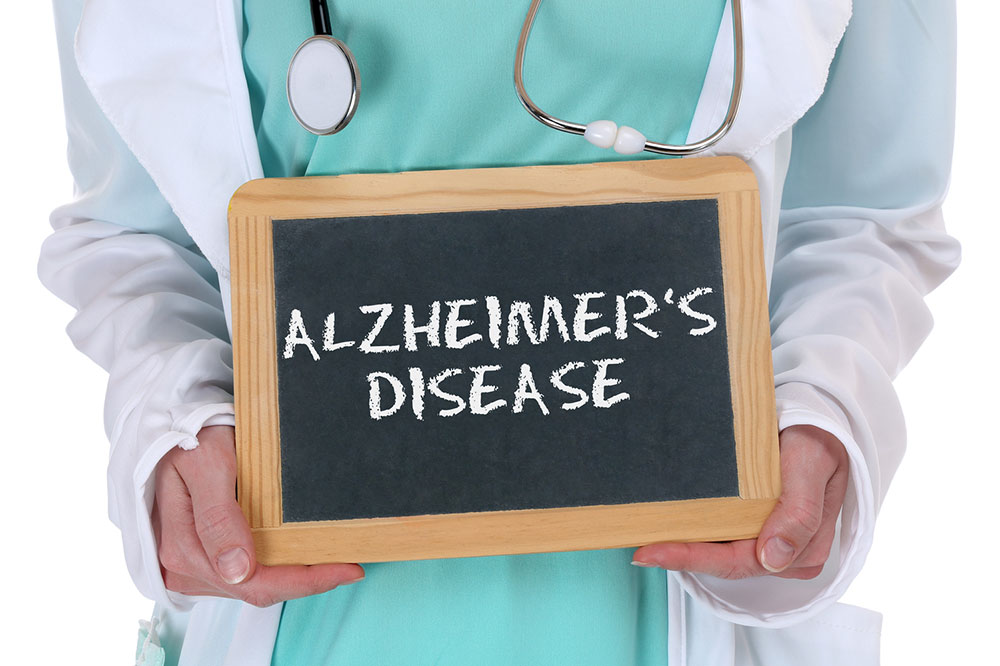
health
Symptoms and causes of ADHD
Attention-Deficit Hyperactivity Disorder (ADHD) is a condition mostly diagnosed in children, and its symptoms can continue well into adulthood. This disorder can result in hyperactivity, difficulty focusing, behavioral issues like frequent outbursts of anger and frustration, and inattentiveness. While this condition does not have a cure, the symptoms can be managed effectively with proper treatment. Read on to know more about this condition. Symptoms of ADHD The main symptoms of ADHD are impulsive behavior, inattention, and hyperactivity. The signs can appear from a young age and become apparent even before children turn 12 years old. Also, ADHD can manifest in different ways in boys and girls. While it is common for boys to be more hyperactive, girls with this disorder tend to be inattentive. Generally, children with ADHD will either be inattentive or hyperactive or have a combination of these symptoms. Inattention If a child shows some of the following signs for at least 6 months, they might be facing the problem of inattentiveness: Makes careless mistakes while doing homework or fails to pay attention to detail Cannot focus while playing or performing simple tasks May not listen carefully, even when someone is talking to them directly Cannot follow instructions Is unable to organize tasks Avoids any task that requires focus Loses things easily and frequently Can become distracted easily Impulsivity and hyperactivity The following is a list of the symptoms that indicate impulsivity or hyperactivity in children if they manifest for 6 months or longer:
Read More 
















